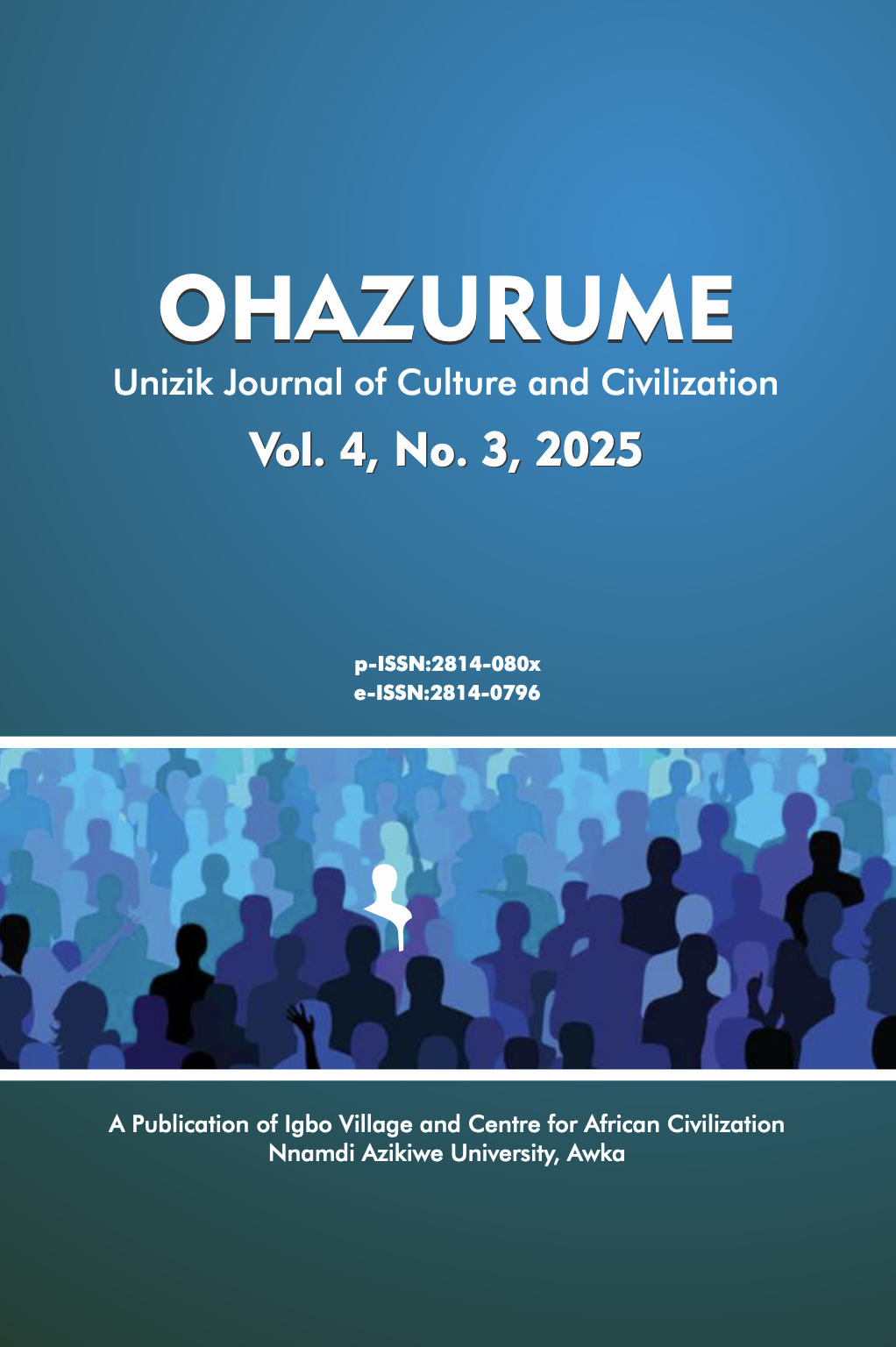Ibibio Socio–Ethical Approach to the Reality of Evil: A Panacea for Poverty Alleviation in Nigeria
摘要
For decades, successive governments in Nigeria have initiated policies and programmes targeted at poverty reduction or eradication in the country. The current state of things in the country is a testimony to the fact that these policies and programmes have not adequately achieved the purpose for which they were formulated. While scholars continue to explore how poverty can be alleviated in Nigeria, it seems much has not been done concerning how Afro–traditional ethical approaches may assist in ensuring poverty alleviation. It is this gap that this paper sets out to address. The paper tenders how Ibibio approach to the problem of evil can serve as a tool for poverty reduction in Nigeria. Examined through a combination of the analytical, speculative and pragmatic philosophical methods, the paper aims to elucidate the Ibibio idea of the root cause of poverty, the reason for the failure of poverty alleviation programmes in Nigeria and the importance of Ibibio ethical values and her response to the reality of evil in ensuring poverty reduction in Nigeria. It was discovered that Ibibio’s belief in the Supreme God (Akwa Abasi Ibom); her principle of moral obligation to one another (Owo ediinyene); principle of good reputation (Eti Enyinofonakan imo); and the principle of hard work and dignity of labor (Owo isiinohoifuudia), if properly channeled, can serve as effective tools in reducing poverty in Nigeria. The paper concludes that reviving and re-establishing cultural value and traditional ethical values can serve as guiding principles for effective poverty alleviation. It is therefore recommended among others, that government at all levels should revive fundamental traditional ethical ideals for the grooming of substantial moral behavior necessary for the growth of Nigeria.


